Description
This insightful book by Ayatollah Sayyid Ali al-Husayni al-Milani examines the Ashura event, uncovering untold facts and distortions surrounding one of the most significant moments in Islamic history. The book delves into the authenticity of the Thaqalayn narration, shedding light on the misinterpretations and political struggles of the event.
What is Ashura?
Ashura, the 10th day of Muharram, marks the martyrdom of Imam al-Ḥusayn (Peace be upon him) at the Battle of Karbala in 680 CE. Imam al-Ḥusayn’s stand against the oppressive rule of Yazīd symbolizes resistance to tyranny and injustice.
Distortions in Ashura Narratives
The book critiques the historical distortions, particularly those found in Sunni sources, which diminish the significance of Imam al-Ḥusayn’s (Peace be upon him) martyrdom. It challenges how some early historians justified Yazīd’s actions and misrepresented the Ahl al-Bayt’s rightful place in Islamic leadership.
Imam al-Ḥusayn’s Stand and Karbala
In this section, the book examines Imam al-Ḥusayn’s (Peace be upon him) refusal to pledge allegiance to Yazīd, emphasizing his commitment to justice and spiritual integrity. His actions at Karbala are portrayed as a timeless call for justice, highlighting his role in preserving Islamic values against oppression and corruption.
Impact on Shia-Sunni Relations
The book explores the political and theological implications of Ashura in shaping the Shia-Sunni divide, with Ashura continuing to be a central symbol for Shia identity and the fight for justice.
Conclusion
By critically examining the distortions surrounding Ashura, the book emphasizes the importance of preserving the authentic narrative of Imam al-Ḥusayn’s (Peace be upon him) sacrifice. This book is a must-read for anyone seeking to understand the true history of Ashura and its profound impact on Islamic thought and social justice.
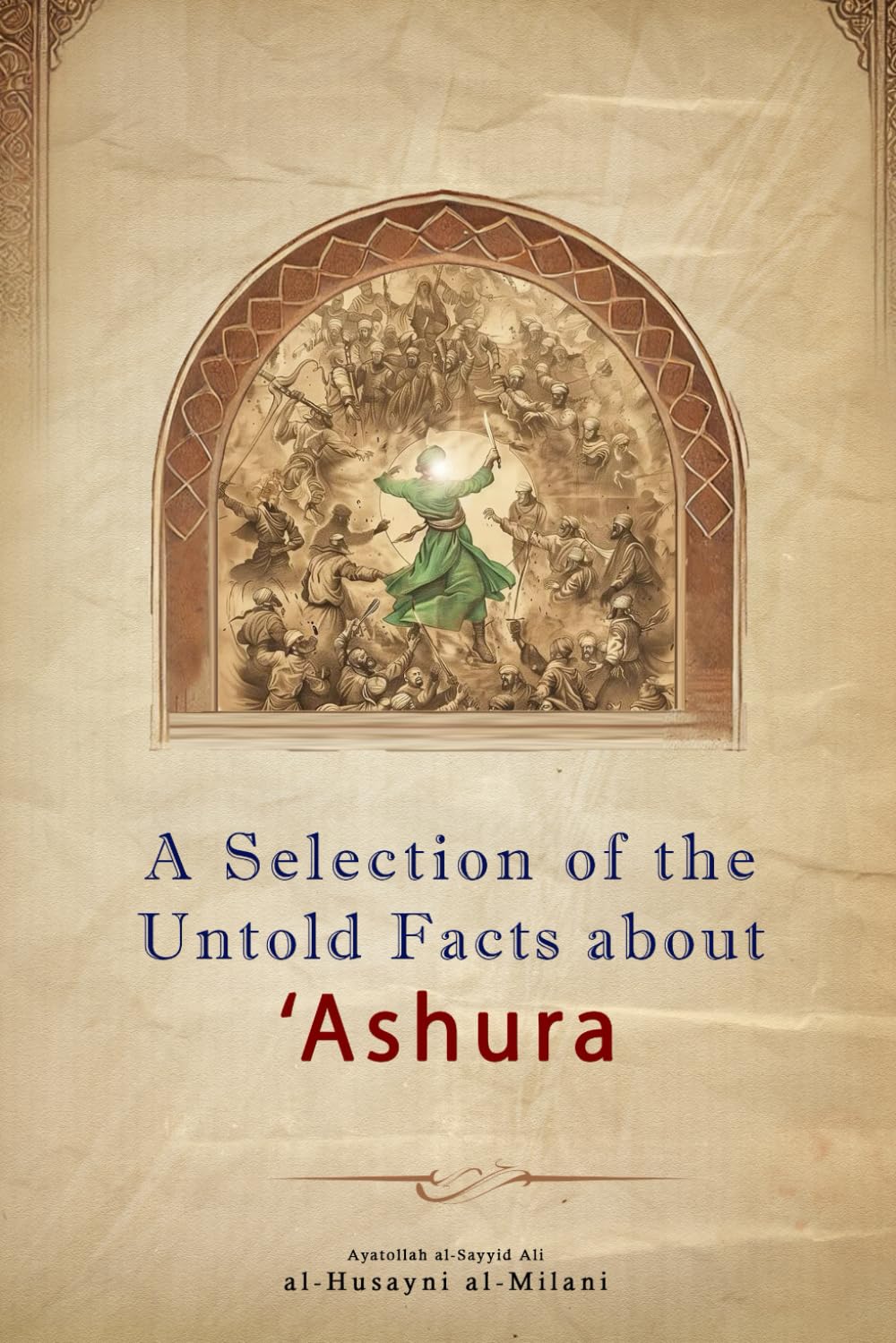
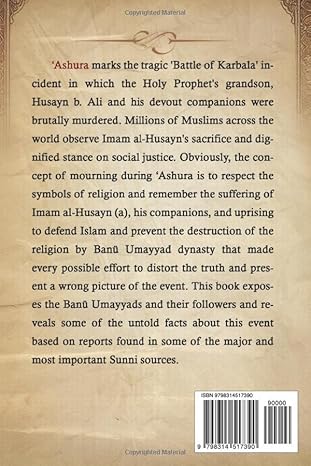
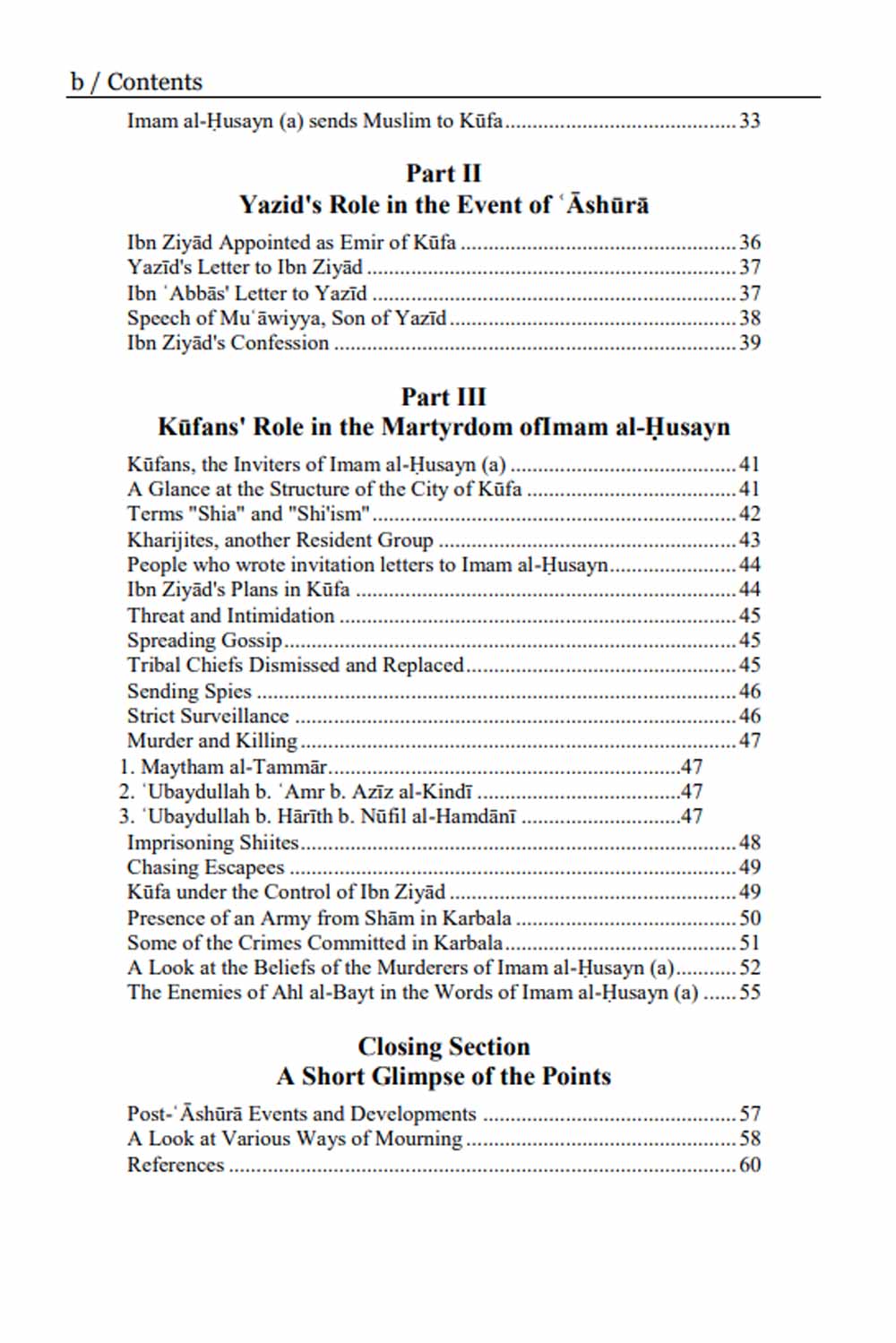
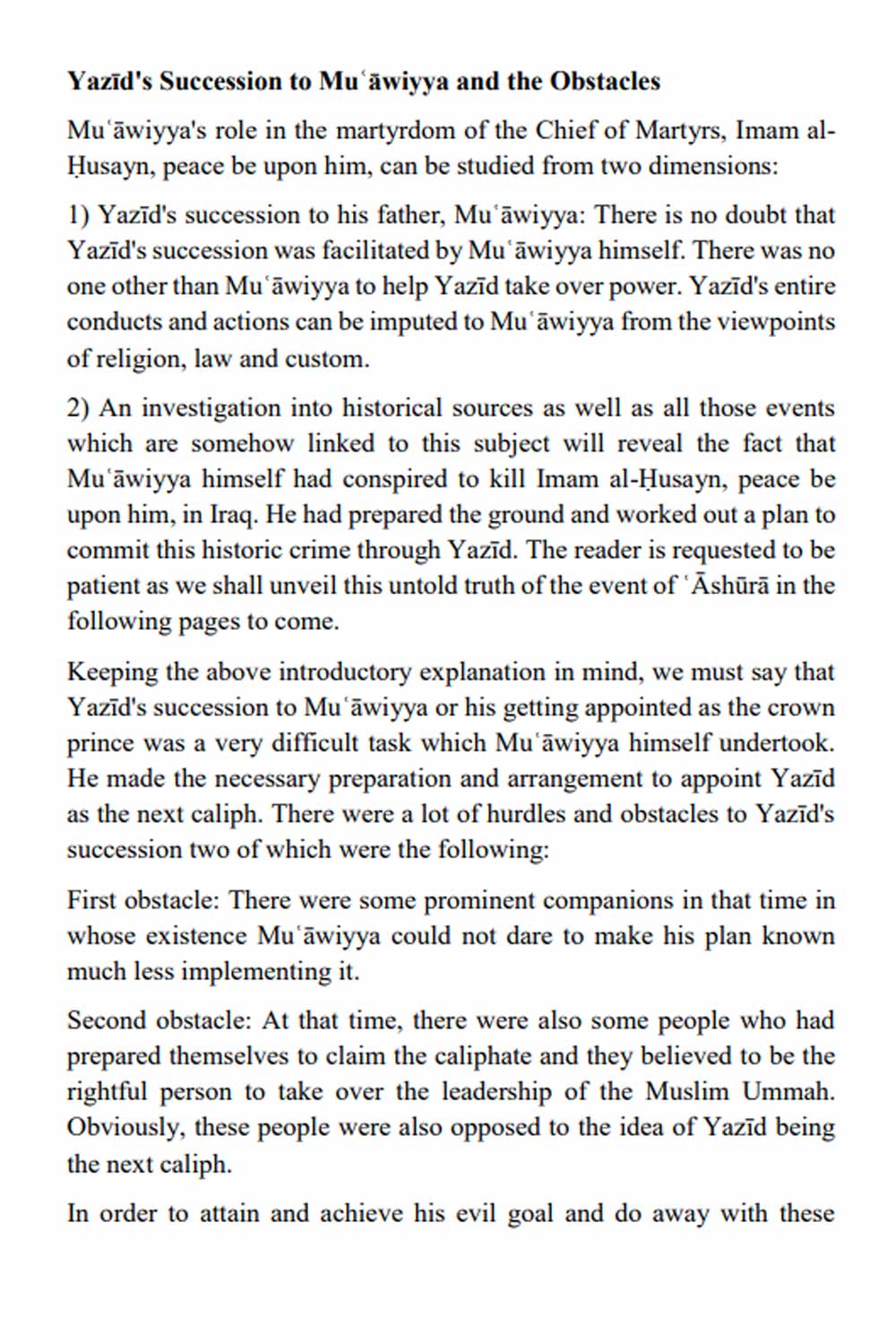

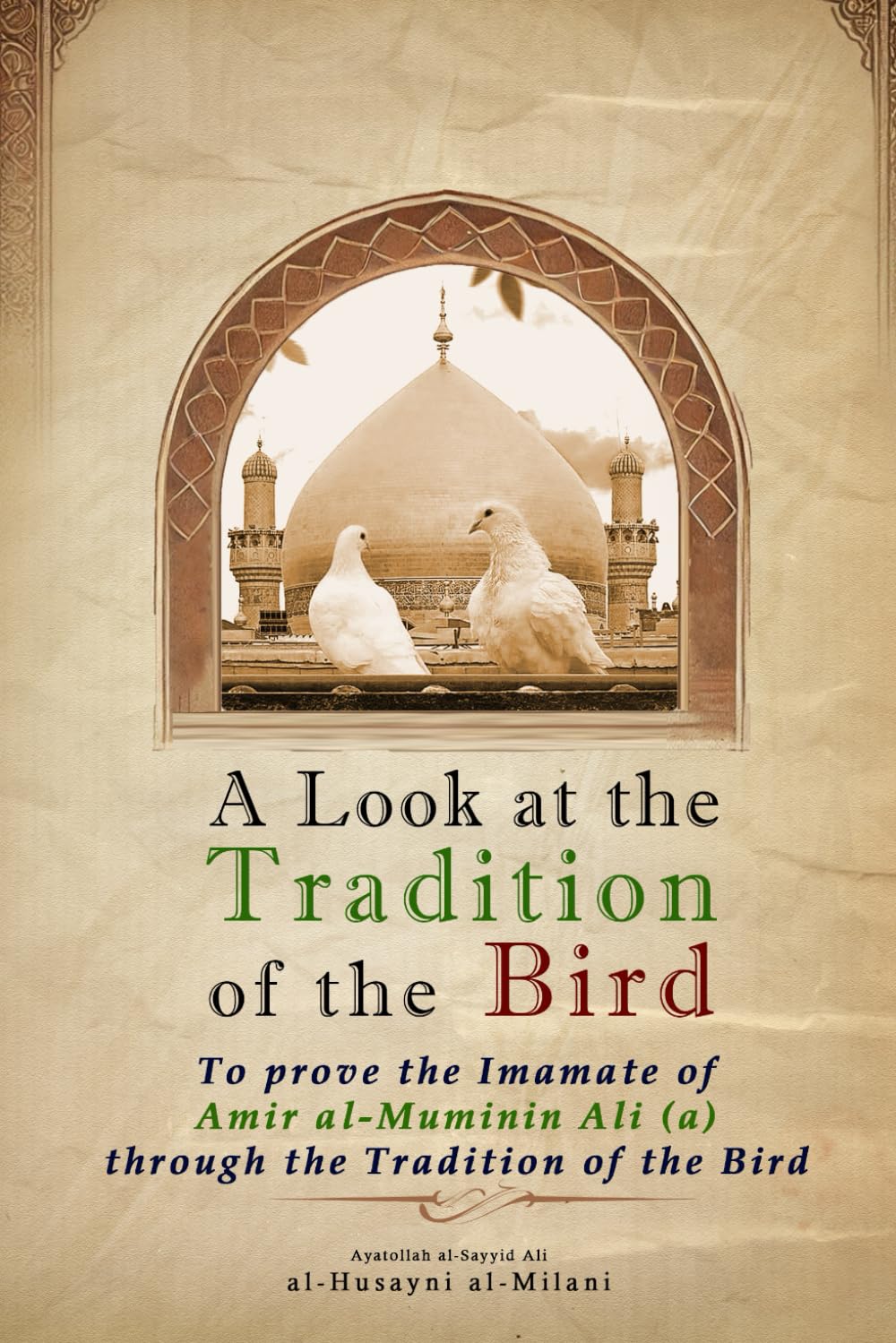
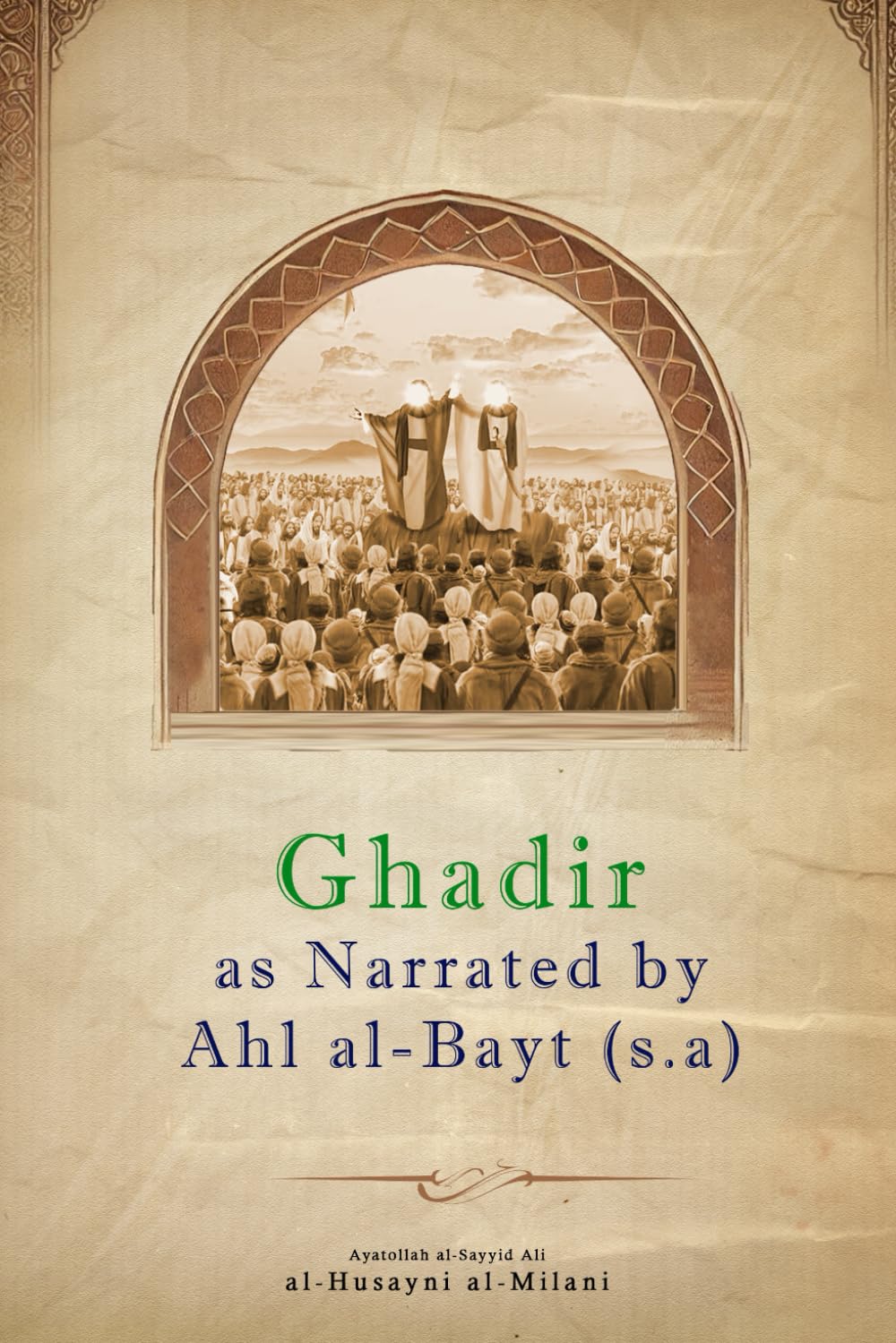

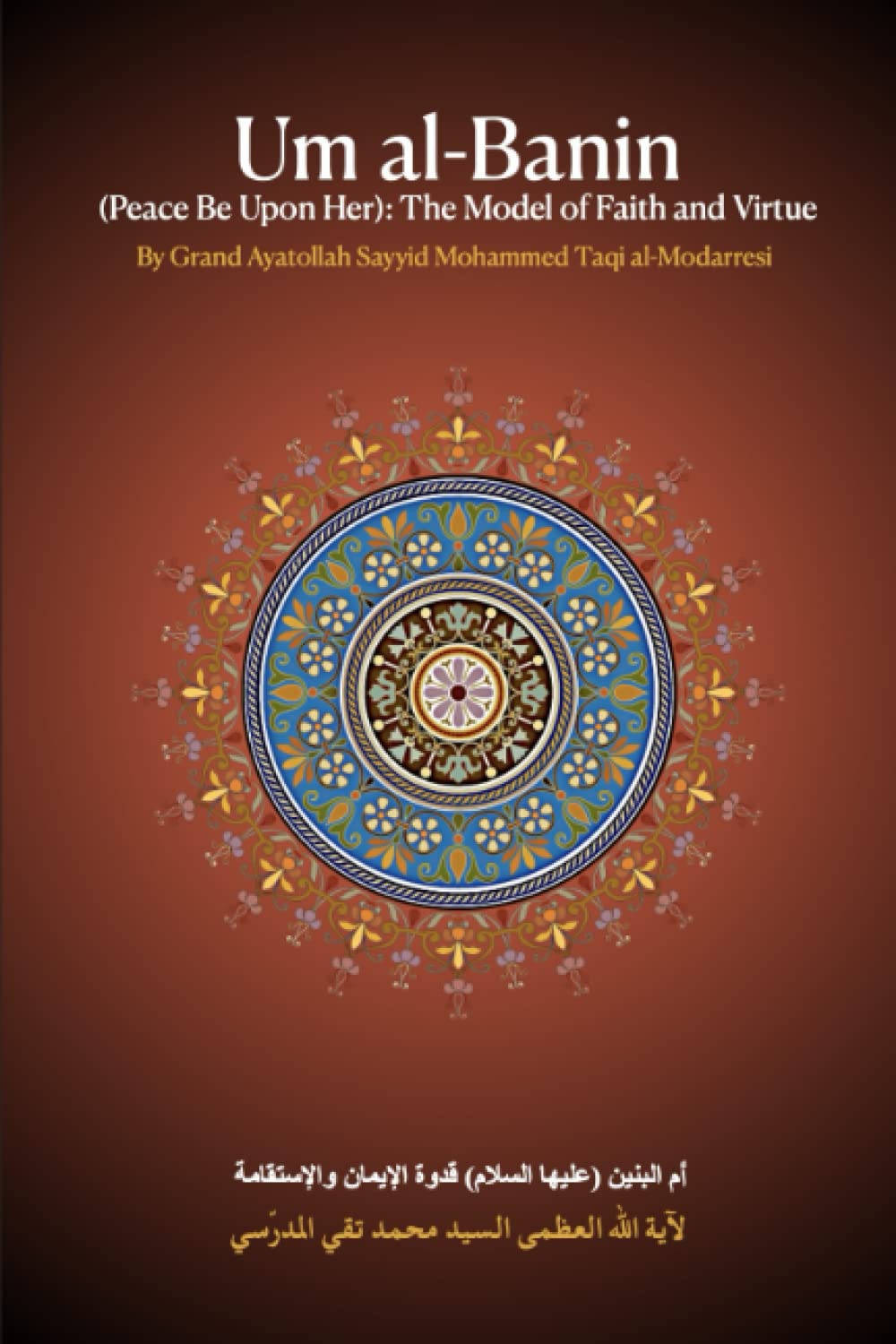



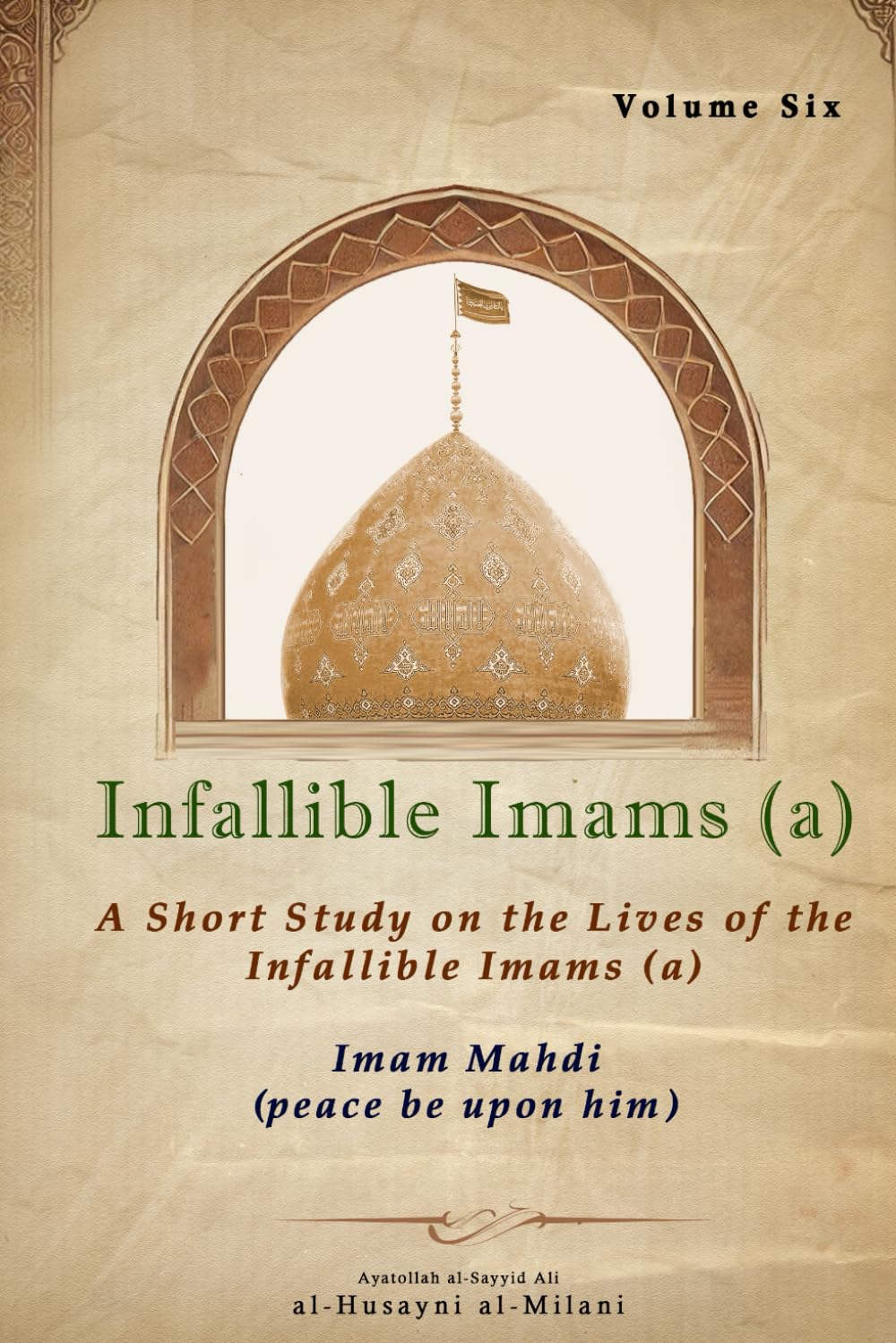

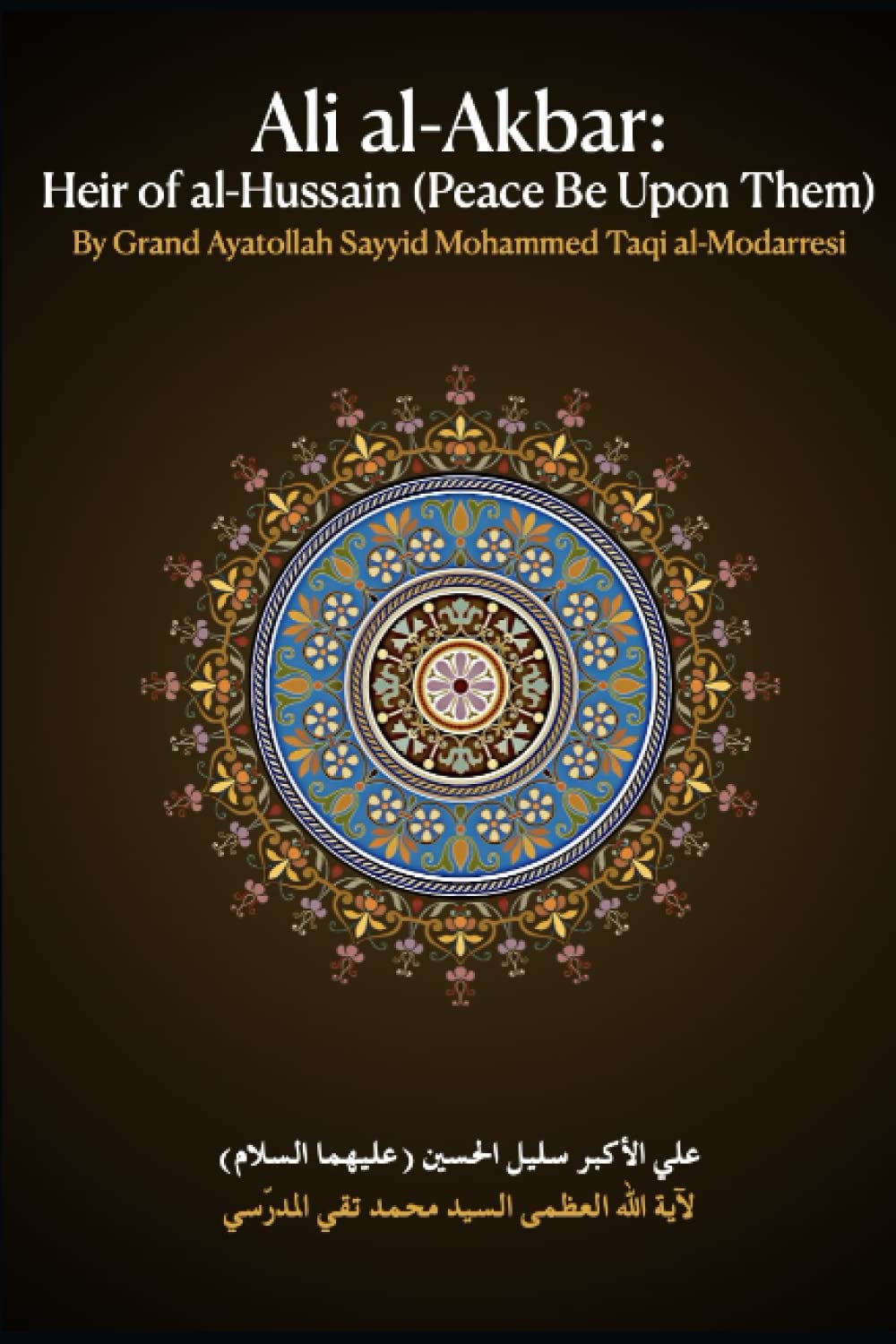
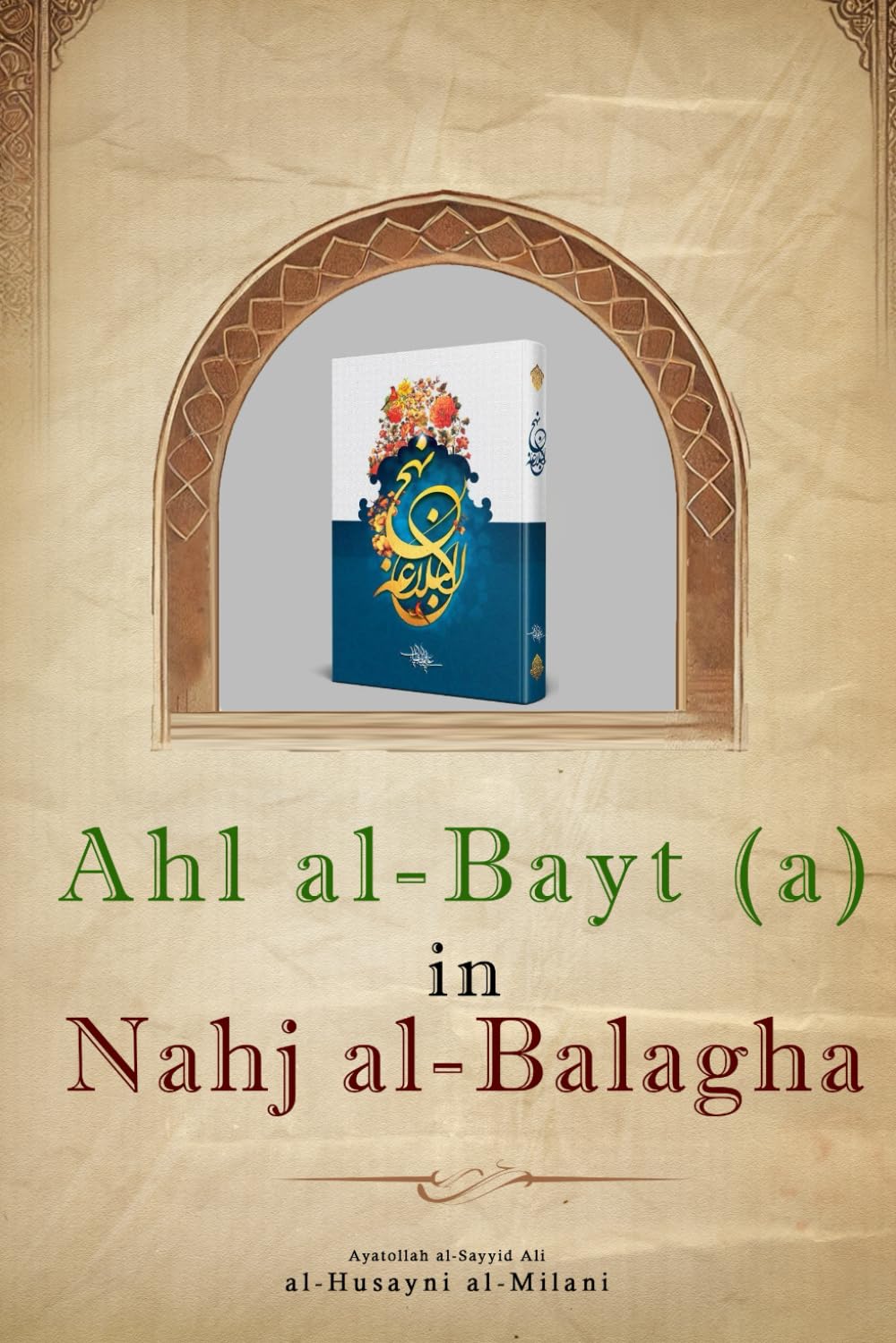

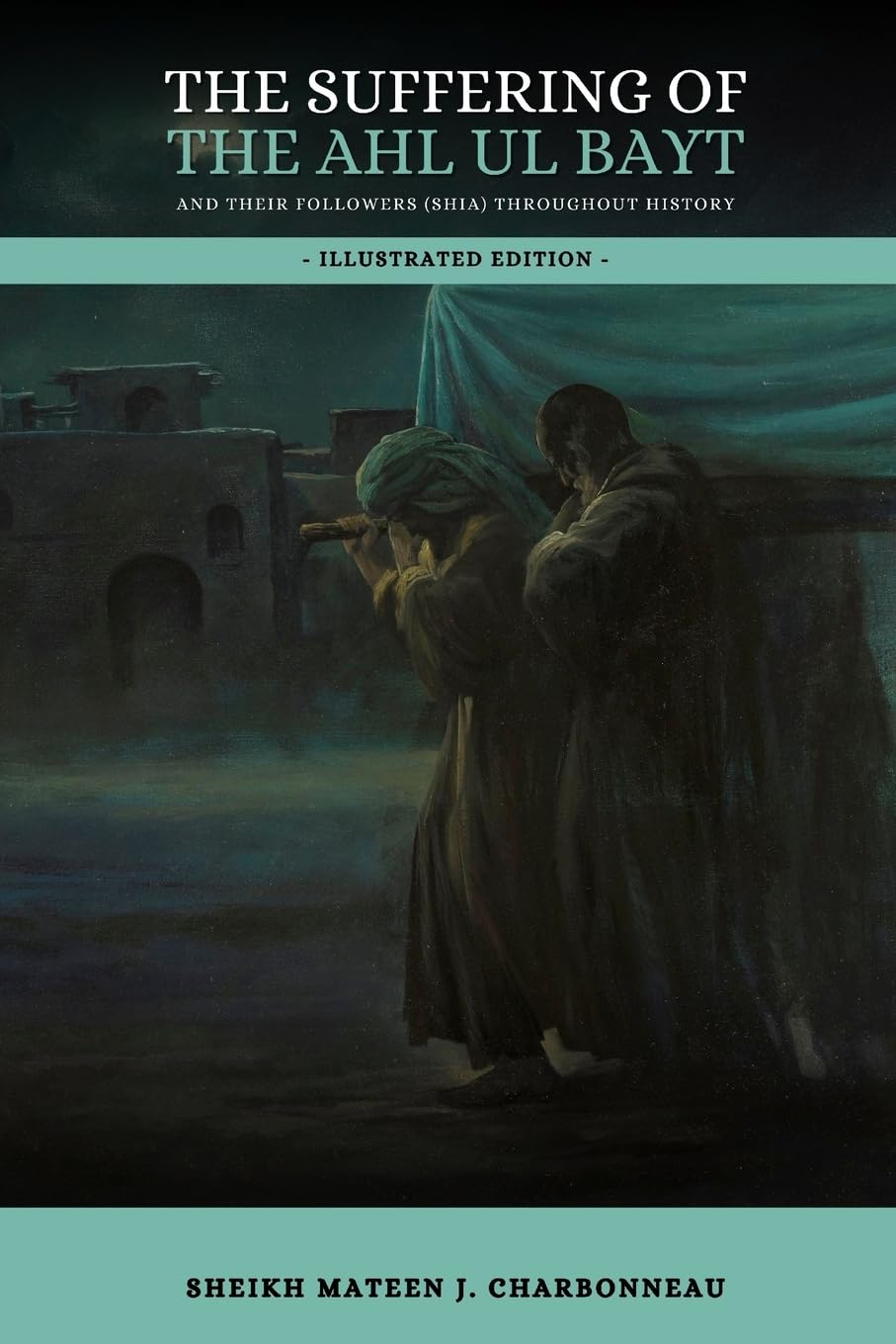
Reviews
There are no reviews yet.